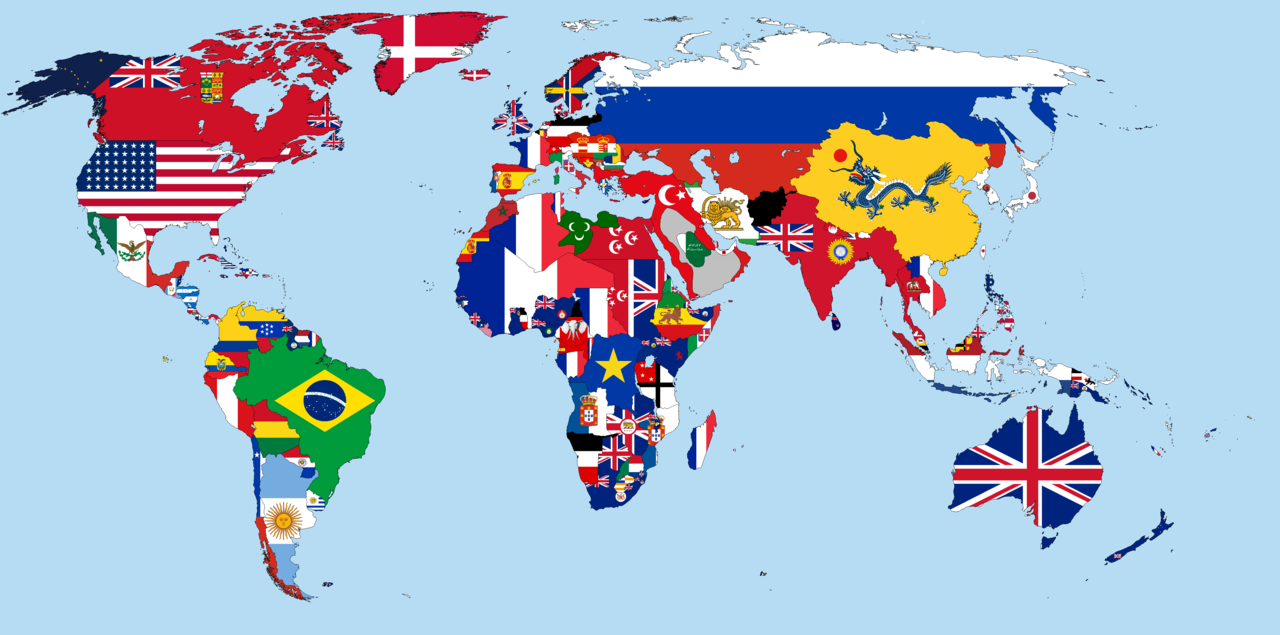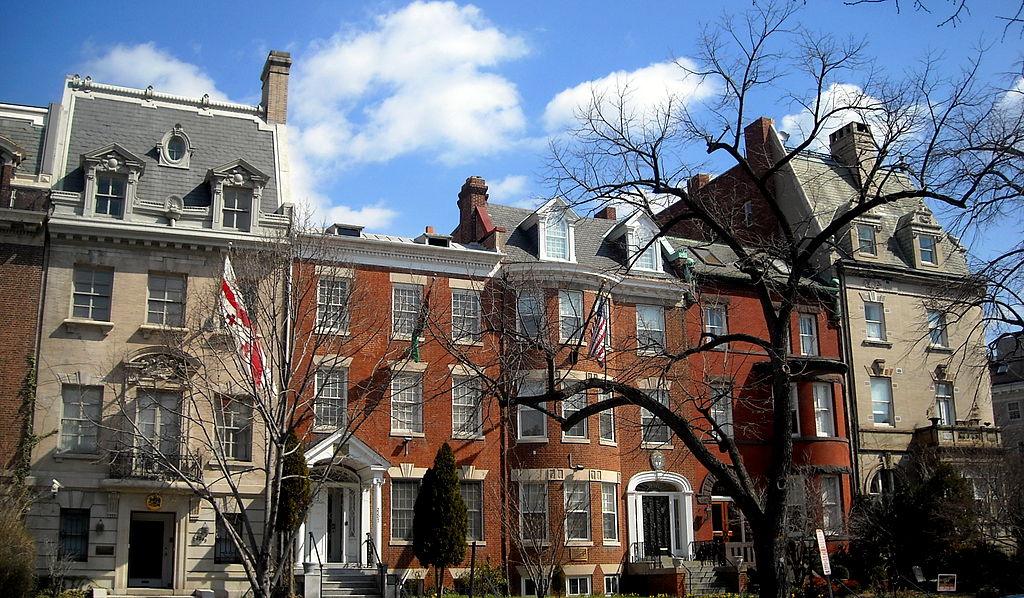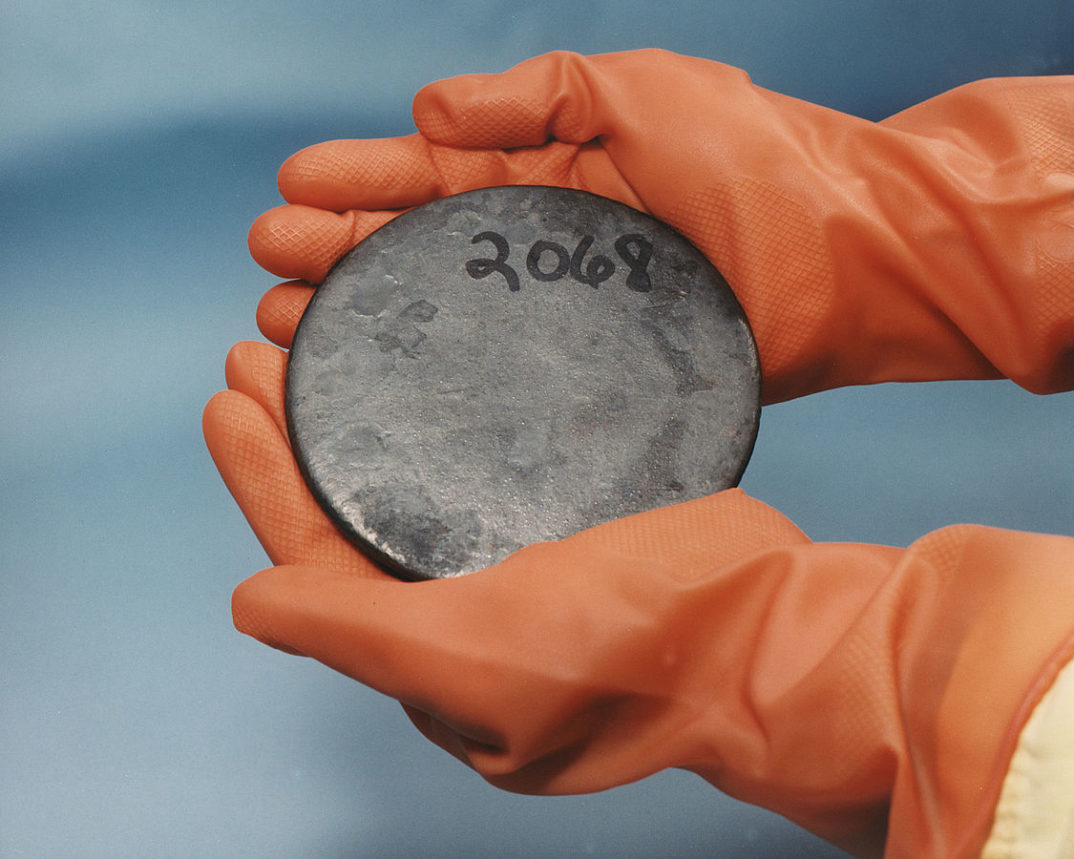“A company of men in dark uniforms and balaclavas, all carrying clubs. They are battering a group of people, repeatedly clubbing them on their arms, legs and backs. They push them into a river that marks the boundary of the European Union. ‘Go,’ they yell. ‘Go.’”
So begins Kenan Malik’s report, published on Sunday, of the ongoing crisis on the Polish-Belarusian border. Let me briefly explain how we got here.
Last year, the president (or dictator, depending on who you ask) of Belarus, Alexander Lukashenko, jailed his political opposition and tens of thousands of protestors against the controversial and contested Presidential election. More recently, Roman Protasevich, an exiled critic of Lukashenko, was detained after his flight was “hijacked” and forced to land in Minsk. The European Union has responded to such provocations with sanctions on Lukashenko’s regime.
Now, thousands of migrants are attempting to cross from Belarus into Poland and thereby into the EU. In his latest bid for revenge on the EU for its sanctions, Belarus’s Lukashenko has reportedly sold “tourist visas” and scheduled sold-out flights from Turkey, Dubai, and other Middle Eastern countries to Belarus. The U.S. and EU delegations to the U.N. Security Council claim the crisis has been “orchestrated for political purposes.” France has condemned these actions as “migrant trafficking.” Meanwhile, Belarusian border guards have started to force migrants across the border.
With the Belarusian authorities refusing to let the migrants leave a forest on the border, nighttime temperatures dropping below freezing, and the first death being reported, there is a clear humanitarian case for letting the migrants through. But to do so would be to hand Lukashenko a victory, to reward the strategy of using human lives as political pawns, and to further politically destabilize the EU (which is still widely seen as having lost control over migration flows). The tension is, at heart, a moral one: To achieve a morally important humanitarian end, should you ever give in to blackmail?
The immoral actions and threats of others can sometimes force us to make extremely difficult moral choices. The philosopher Bernard Williams presents the following case. You’re a botanist who has ended up in a small South American town in a politically unstable region. Tied up against the trees are twenty locals. An army captain in charge tells you these locals were protesting against the government, and he wants to execute them as a warning to others in the town. Since you are an honored citizen from a foreign land, the captain gives you an offer. You can shoot one of the locals yourself, in which case the others will be set free. Or you can refuse, keep your hands clean, and the captain will kill all twenty. What do you do?
Moral blackmail of this kind is not merely a theoretical problem. In 2014, four Europeans, Edwin Dyer, Gabriella Braco Greiner, Werner Greiner, and Mariane Petzold were all seized by members of al-Qaeda in North Africa. Ransom demands were made for each of the four. The Greiners, who are Swiss, survived, as did Petzold, who is German. Dyer, a British citizen, was killed. The Swiss government paid $3.2m for the lives of their two citizens. The German government has never revealed if they paid Petzold’s ransom, though security experts believe they did. Only the U.K. government refused to pay, costing Dyer his life and his family their loved one.
Most European countries pay terrorist ransoms, though few admit it publicly and most find an indirect method to pay to keep the practice theoretically deniable. Between 2008 and 2014, it was estimated that (primarily) European governments paid $125m in ransoms to terrorist groups. The U.S. and U.K., by contrast, have a strict policy of non-cooperation regarding ransoms. The British government fact sheet on the topic states that “The UK’s position on payment of terrorist ransoms is very clear: we do not pay. Payment of terrorist ransoms is illegal under the Terrorism Act.” The U.S. journalist James Foley is perhaps the most famous victim of this uncompromising policy.
Most European countries clearly think saving the lives of their citizens is worth the moral cost of rewarding terrorists. Many of us would think the same way if it were one of our own family who was kidnapped and we had the financial resources to pay for their release. Some principles seem worth bending if the stakes are high enough.
The U.K. government, on the other hand, justifies its opposing stance “on the basis that providing money or property to a terrorist group fuels terrorist activity; and encourages further kidnaps.” There are two interesting features of this argument worth mentioning. The first is that the argument is consequentialist; it is an argument based on what actions will produce better outcomes. The argument implies that greater harm will result from paying (in the long term) than from refusing, and that it follows we ought not to pay. The second interesting point about this argument is that it relies on an empirical premise: that paying ransoms encourages further kidnaps.
It certainly seems logical that paying ransoms would encourage more kidnapping and terrorist activity. Certainly, some have argued this is the case. David S. Cohen, former Treasury Department under secretary for terrorism and financial intelligence, claims that “Kidnapping for ransom has become today’s most significant source of terrorist financing. Each transaction encourages another transaction.” Of course, reality is messier than this. Do terrorists know the policies of Western governments before they kidnap? Do they know the citizenship of those they are kidnapping before they kidnap them? At least in some cases, it’s plausible they won’t. Perhaps the U.S. and U.K. are morally posturing at the cost of their citizens’ lives. (Interestingly, however, a Wikileaks cable revealed that at least one hostage broker, Abdousalam Ag Assalat, had “specified that the group was not interested in American hostages, presumably because USG [U.S. government] does not make ransom payments.”)
Applying this kind of consequentialist argument to the current border crisis, the relevant empirical question seems to be: would giving into Lukashenko’s blackmail (and allowing the migrants across the border for obvious humanitarian reasons) encourage future “orchestrated” humanitarian crises, resulting in more total human suffering? If the answer to this question is “yes” then Poland could be morally justified in refusing to give into Lukashenko’s moral blackmail. The answer to this complex empirical question is far from obvious. As such, as well as facing a complex political problem, Poland’s leaders face a difficult moral dilemma.






